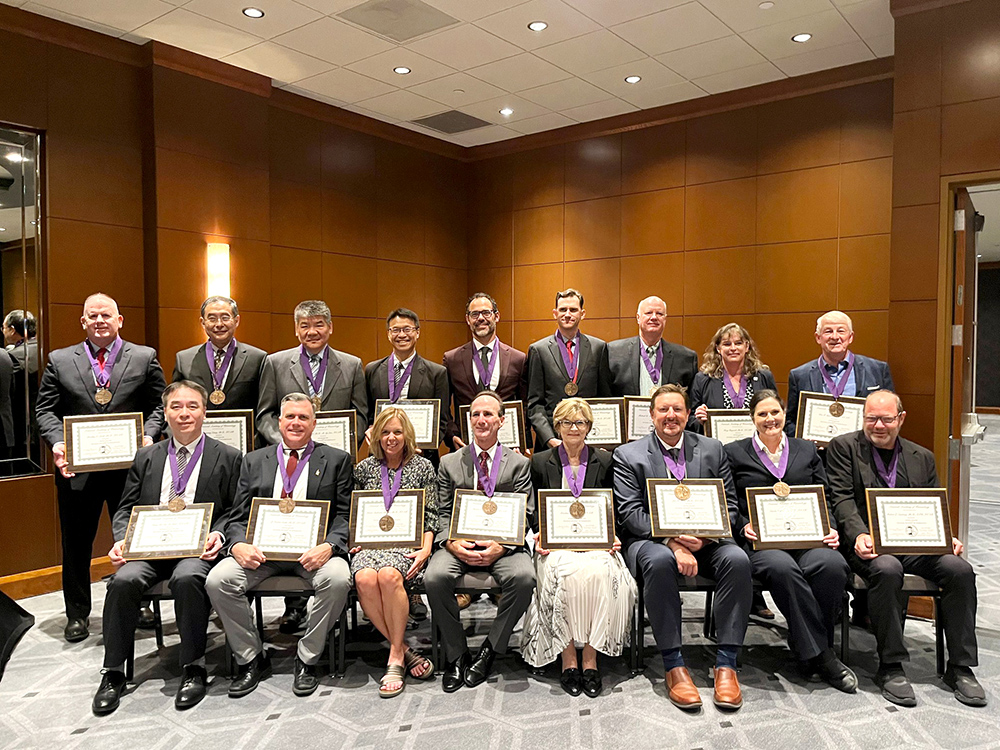
Prof. Tung-Wu Lu elected US National Academy of Kinesiology Fellow
瀏覽器版本過舊,或未開啟 javascript
請(qǐng)更新瀏覽器或啟用 javascript
Spotlights
The study is featured as the cover story of Nanoscale (Feb, 2020).
Synthesis pathway and the function of NanoMuscle. Each color band represents 10 bp functional staples. Bands of the same color are complementary to each other.
Assembled DNA origami NanoMuscle at each stage. (a) Complete NanoMuscle (b) AntiFuel NanoMuscle: After AntiFuel staples are added, NanoMuscle contracted. (c) Fuel NanoMuscle: After Fuel staples are added, NanoMuscle extended. (d) Fuel-to-AntiFuel NanoMuscle: After AntiFuel staples are added to extended (Fuel) NanoMuscle, NanoMuscle contracted again. (e) The ratio of each length of NanoMuscle in the four states mentioned in (a) to (d).
A team led by Associate Prof. Hong-Ren Jiang (江宏仁) of NTU’s Institute of Applied Mechanics employed mechanically interlocked DNA origami to construct a nanoscale molecular device, named NanoMuscle. The team demonstrated NanoMuscle’s capability of controlled extension and contraction, as well as measured its dynamic conformational changes during the process. The other members on the team included Dr. Jiang’s advisee, Yu-Chen Chao (趙予辰), who is now a doctoral student of engineering and applied sciences at Harvard University, and Associate Prof. Edward Chern (陳彥榮) of NTU’s Department of Biochemical Science and Technology. This study, titled “NanoMuscle: Controllable Contraction and Extension of Mechanically Interlocked DNA Origami,” was published and featured as the cover story of Nanoscale, a prestigious journal of nanoscience, in the February 2020 issue.
Living systems have inspired numerous advances in materials, including self-healing polymer composites, self-assembled nanoparticles, and stimuli-responsive polymers. The development of nanotechnology has led to increasing demand for precise control in material properties on the nanoscale. DNA origami is a bottom-up technique which “folds” DNA into the desired configuration by designing DNA base-pairing sequences. DNA origami is usually employed as a static template to arrange the position of molecules, since most of them are built from a single scaffold and several staples, forming DNA double helices. DNA origami capable of dynamic conformational changes often consists of multiple rigid subunits linked by flexible joints. To achieve constrained linear motion, the concept of mechanically interlocked structures was applied in DNA origami.
In this study, the team developed a bioinspired molecular-muscle-like structure, named NanoMuscle, with mechanically interlocked DNA origami. NanoMuscle consists of two monomers assembled as doubly threaded rotaxanes. With the delicately designed thermodynamic bistable state, NanoMuscle achieves one-dimensional contraction and extension, which is not seen in previous DNA origami designs. The team further confirmed NanoMuscle’s reversible conformational change using gel electrophoresis and transmission electron microscopy (TEM). The team expects that NanoMuscle could be further assembled into complex structures to achieve delicate motions in DNA origami machinery.
The team appreciates the support provided by Ministry of Science and Technology (MOST).
Contact: Associate Prof. Hong-Ren Jiang, NTU’s Institute of Applied Mechanics, hrjiang@iam.ntu.edu.tw

Prof. Tung-Wu Lu elected US National Academy of Kinesiology Fellow
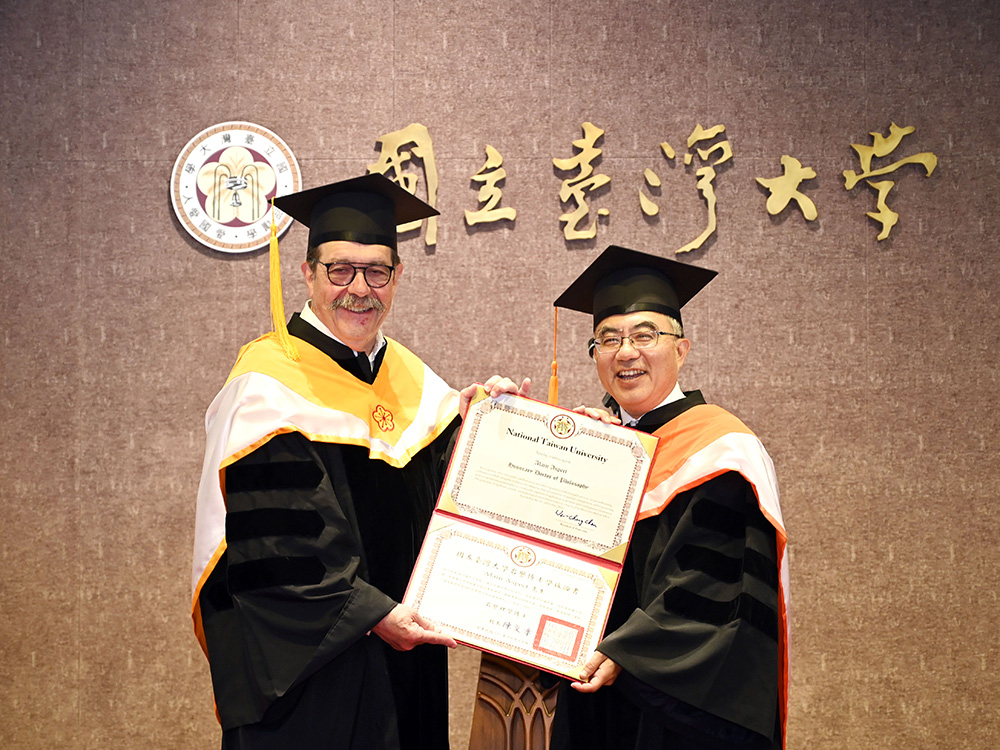
Nobel Laureate Alain Aspect awarded “NTU Honorary Doctorate” and “Raymond Soong Chair Professorship of Distinguished Research”
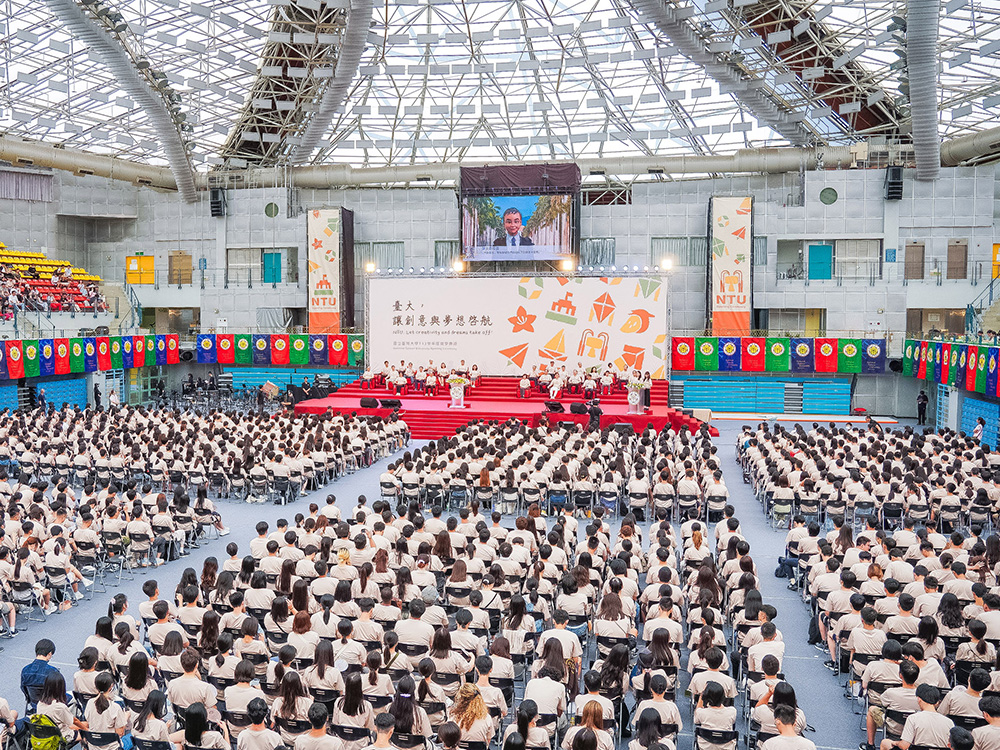
NTU Opening Ceremony: “Where Creativity and Dreams Take Flight”
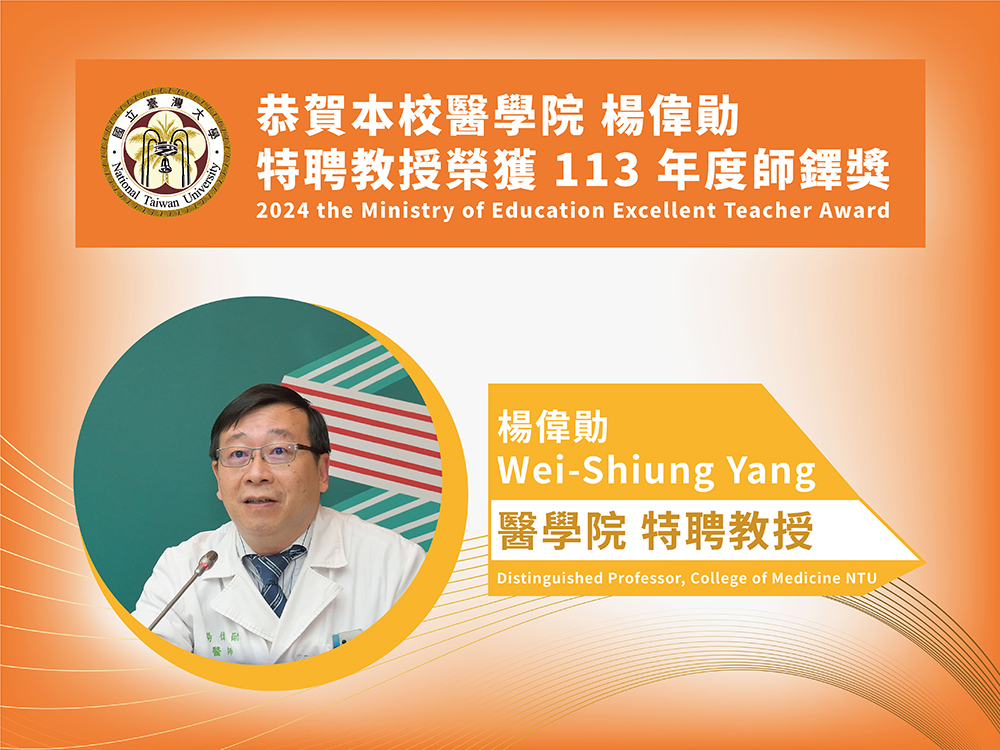
Prof. Wei-Shiung Yang wins MOE National Excellent Teacher Award
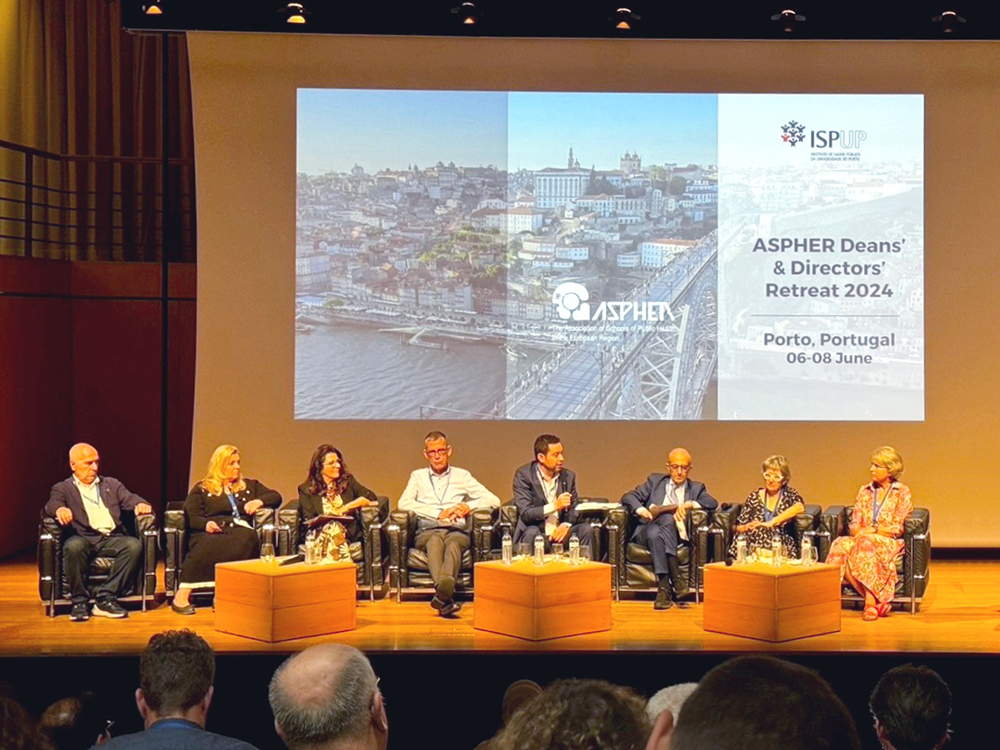
NTU College of Public Health's Global Health Program Joins the Association of Schools of Public Health in the European Region
Current Spotlights

Prof. Tung-Wu Lu elected US National Academy of Kinesiology Fellow

Nobel Laureate Alain Aspect awarded “NTU Honorary Doctorate” and “Raymond Soong Chair Professorship of Distinguished Research”

NTU Opening Ceremony: “Where Creativity and Dreams Take Flight”

Prof. Wei-Shiung Yang wins MOE National Excellent Teacher Award

NTU College of Public Health's Global Health Program Joins the Association of Schools of Public Health in the European Region